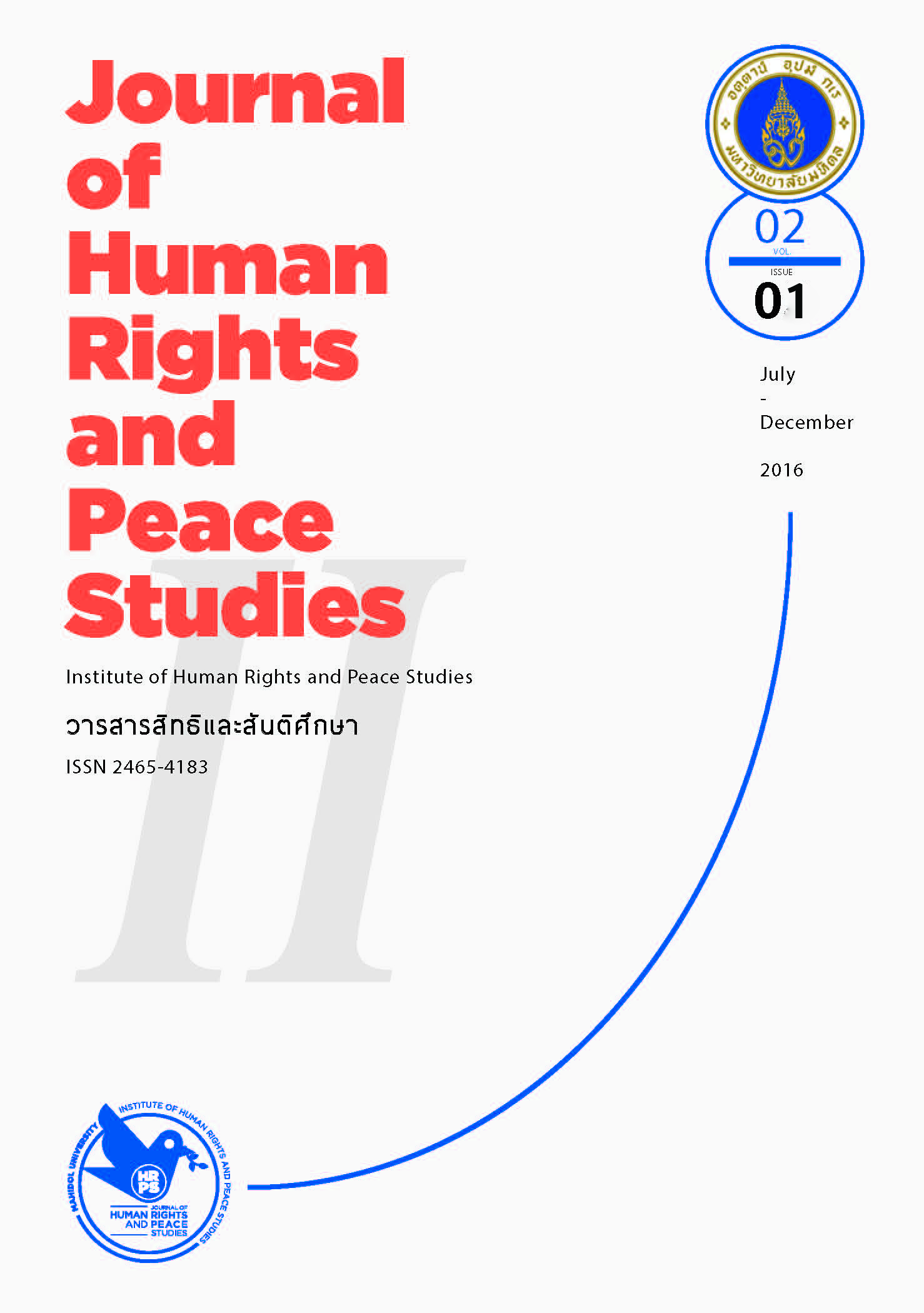State repression, forced compliance and self-justification: A psychoanalytical reading of Ediriwira Sarachchandra’s Curfew and a Full Moon
Main Article Content
Abstract
Sarachchandra’s Curfew and a Full Moon (1978) is a historical novel about the 1971 youth uprising in Sri Lanka that was driven by university students’ demand for equality and social changes. The book gives an insightful account of the protagonist, Professor Amaradasa, his relationship with several Marxist students, and his indirect involvement in national politics. The focus of this study is placed on the main character and his conflicting psychological conditions shaped by different external forces, including his privileged status in State repression, forced compliance and self-justification: A psychoanalytical reading ofEdiriwira Sarachchandra’s Curfew and a Full Moon Sri Lankan society, his interactions with those surrounding him and the state’s crackdown on the young insurgents. I deploy Tilly’s (2003) theory of collective violence, Foucault’s (1991) theory of power, Festinger’s (1957) theories of forced compliance and cognitive dissonance in the reading of Sri Lanka’s historical retelling and of the novel’s protagonist’s hesitation and failure to act in several instances. The conclusion of the analysis is that Amaradasa’s forced compliance, resulting in his action or lack thereof, is caused both by the fear of rejection from his students with whom he sympathises and by the threats of punishment from the state. This explains the character’s cognitive dissonance, constant moral dilemma and selfjustification that occur throughout the story. I also draw an additional conclusion that Amaradasa’s priority is his own survival, a common human characteristic especially in the midst of political and ideological conflicts.
Article Details
The views, opinions, and pictures expressed in this journal are those of the authors and do not necessarily reflect the opinions and viewpoints of the editor and the editorial board. All rights are reserved by the authors and the Institute of Human Rights and Peace Studies of Mahidol University. No part of this journal may be reproduced, stored in a retrieval system, or transmitted in any form or by any means without the prior permission in writing from the journal’s editor, or as expressly permitted by law, or under terms agreed with the appropriate reprographics rights organization. Non-commercial use of information in this journal must be properly referenced.
References
in Michael Ondaatje’s The English patient and James A.
Michener’s Tales of the south Pacific. History and Theory,
41(4), 43-55.
Bandura, A. (1973). Aggression: A social learning analysis. Oxford,
England: Prentice-Hall.
Daldal, A. (2014). Power and ideology in Michel Foucault and Anto-
nio Gramsci: A comparative analysis. Review of History and
Political Science, 2, 149-167.
Davidson, J.S. (2008). From rebellion to riots: Collective violence
on Indonesian Borneo. Madison, WI: The University of
Wisconsin Press.
Festinger, L. (1957). A theory of cognitive dissonance. Stanford, CA:
Stanford University Press.
Foucault, M. (1982). The Subject and power. Critical Inquiry, 8(4),
777-795.
Foucault, M. (1991). Discipline and punish: The birth of the prison.
London, England: Penguin.
Galtung, J. (2001). After violence, reconstruction, reconciliation, and
resolution. In M.Abu-Nimer (Ed.), Reconciliation, justice,
and coexistence: Theory and practice (pp.3-23). Lanham,
MD: Lexington Books.
Goonetilleke, D.C.R.A. (1993). The 1971 insurgency in Sri Lankan
literature in English. MFS Modern Fiction Studies, 39(1),
131-145.
Kearney, R.N. (1977). A note on the fate of the 1971 insurgents in Sri
Lanka. The Journal of Asian Studies, 36(3), 515-519.
Leiner, M., Villanos, M.T., Puertas, H., Peinado, J., มvila, C. &
Dwivedi, A. (2015). The emotional and behavioral problems
of children exposed to poverty and/or collective violence in
communities at the Mexico-United States border: A compara-
tive study. Salud Mental, 38(2), 95-102.
Morrison, T. (1987). Beloved. New York, NY: Alfred A. Knopf, Inc.
Sarachchandra, E. (1978). Curfew and a full moon. Hong Kong, PRC:
Heinemann Educational Books (Asia).
Snyder, D. (1978). Collective violence: A research agenda and some
strategic considerations. Journal of Conflict Resolution, 22(3),
499-532).
Tilly, C. (2003). The politics of collective violence. New York, NY:
Cambridge University Press.


